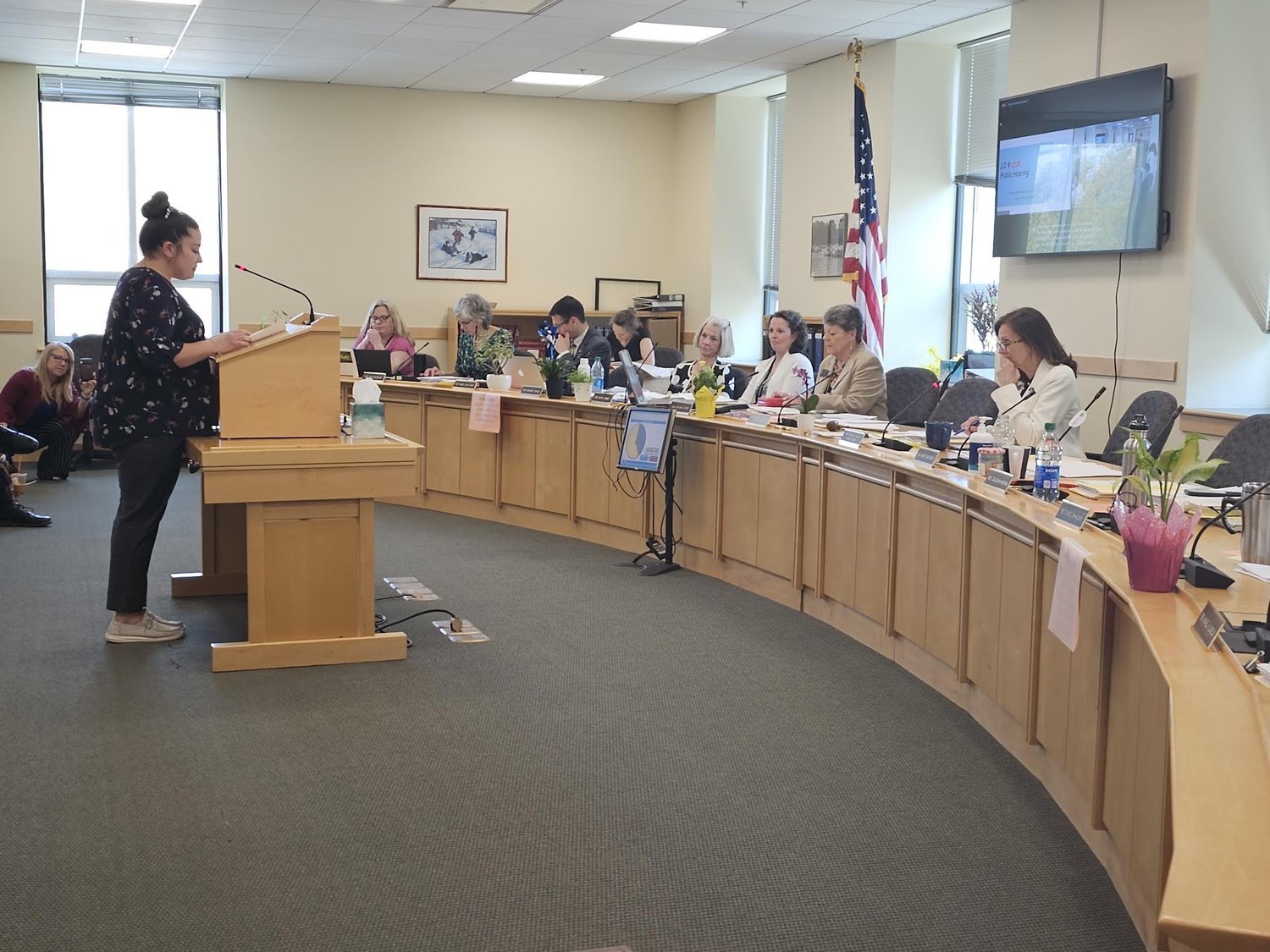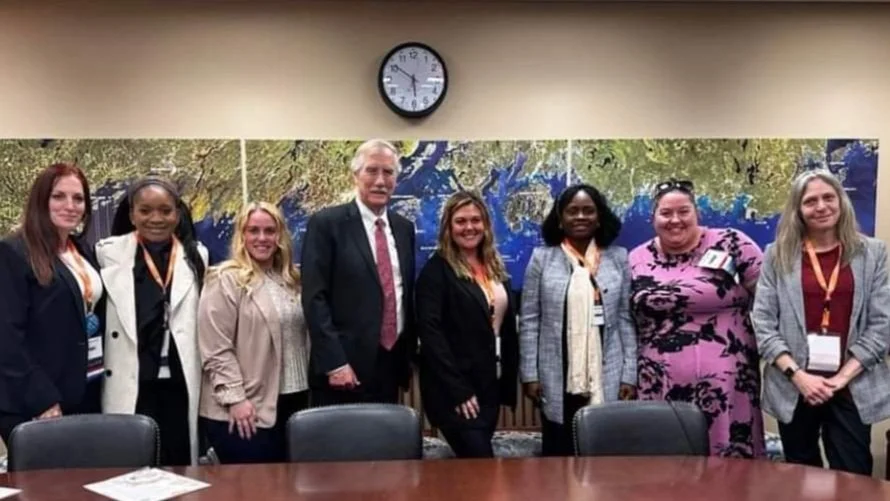
Advocacy Impact
In partnership with the National Association for the Education of Young Children (NAEYC), MaineAEYC is committed to developing a system of quality early childhood education (birth to 8) and supporting appropriate regulatory, governance, finance, and accountability mechanisms. To achieve these goals, MaineAEYC informs our network about local, state, and federal policies and advocates on behalf of the early care and education workforce, families, and young children.
Bills Supported
People Engaged In Advocacy
Our Biggest Victories
-

Victory for Maine’s Child Care Workforce!
We are proud to share that Maine’s Child Care Wage Supplement Program has been protected from cuts, securing $15 million each year to keep wages stronger for child care educators across the state. This victory ensures that thousands of early childhood professionals—who nurture and educate Maine’s youngest children—will continue to receive the pay support they deserve. Protecting these funds is a win for educators, families, and communities statewide.
-

Victory for Maine’s Children and Families!
We are thrilled to announce that Maine’s state investment in Head Start—$3.6 million each year—has been protected. This critical funding ensures that young children and families continue to have access to high-quality early learning, health, and family support services across the state. Safeguarding these dollars is a victory for Maine’s kids, families, and the communities that rely on Head Start programs every day.
-

Victory for Maine’s Child Care Professionals!
We are excited to share that the Child Care Affordability – Child Care Educator Award has been preserved through 2026. This critical support helps child care professionals afford care for their own children, making it possible for them to stay in the workforce while nurturing Maine’s youngest learners. Protecting this award ensures that educators can provide for their families while continuing their essential work for ours.


